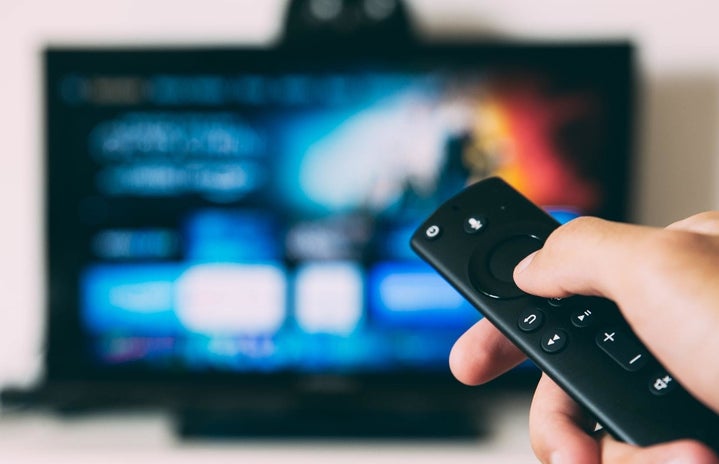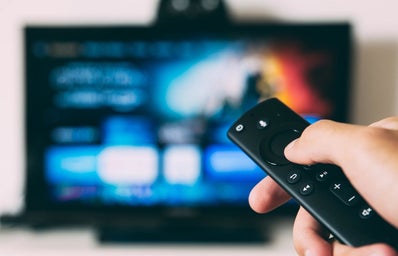TW: Sexual Assault, Rape
Law and Order: SVU has been shedding a positive light on the toxic culture surrounding rape and discussing the complexities around rape culture.
Since 1999, Law and Order: Sexual Victims Unit has been exploring the developing culture surrounding rape. For a little over 20 years now, Law and Order: SVU has been opening the door on rape culture, and debunking some of the most common beliefs about rape culture. They have shown the progression of laws protecting rape survivors, moreover, they show the law’s failings when it comes to protecting rape survivors. Especially when it comes to sexual violence on college campuses.
SVU is special because it allows people not only to be entertained but also educated.
Professor of Communications at Washington State, Stacey Hust, states viewers of SVU, as opposed to viewers of NCIS or CSI, have a healthier understanding of consent and the causes of sexual violence.
A common theme throughout SVU is that it doesn’t matter what you do, what you were wearing, how drunk you were, or if you had consented earlier when you say no or are drunk then consent does not exist. SVU looks at a multitude of situations. Situations that make the viewer think about whether that is consent or not. It helps educate the viewer on exactly what consent means.
SVU encourages a conversation on exactly what sexual assault and rape are and how we, as a community, are failing to advocate for survivors.

According to the National Sexual Violence Resource Center, (NSVRC), 1 in 5 women and 1 in 71 men have been raped in their lifetime. Most people are quick to blame the victim saying “they shouldn’t have put themselves in that situation,” or “they shouldn’t have worn that” instead of looking at the perpetrator for blame.
SVU continually addresses male rape something that is often overlooked. It is agonizing for women to admit they have been raped and go through the trial process, especially in a culture that is quick to blame them. Furthermore, you have men who have been told they can’t be raped because they are men, or that they are weak for getting raped.
The show has multiple episodes talking about how one’s body naturally can react to being raped. This can deter many women and men from coming forward because they think that, since they orgasmed, it can’t be rape. SVU has shown viewers that no matter what happens consent is key.
SVU also examines situations where reporting rape could seemingly destroy the survivors’ life.
Survivors of workplace sexual assault often don’t report for fear of job loss and discrimination. Statistically, women are often survivors of workplace rape in male-dominated fields. Females working in male-dominated careers often face repercussions when it comes to speaking out about rape in the workplace. They could get blacklisted by all the top firms or be labeled a liability if one offends a bigwig.
Even though Law and Order: SVU has opened the door to wider discussions of sexual assault they have also created an unrealistic portrayal of victim mental health, court proceedings and police response.
Overall, SVU tries to portray the journey of the survivor, however, they often have it appear as if the victim has completely moved on and closed that chapter on their life. In actuality, surviving a rape can leave the survivor with PTSD and a great deal of other mental and sometimes physical scars. The show tries to portray the journey Captain Olivia Benson, the show’s lead, takes after her rape, but it is all too cut and dry. It creates a false reality as if after surviving a rape the victim will be able to carry on with life.
Law and Order, not just SVU, but the whole Dick Wolf universe creates a false expectation of what trial proceedings actually look like. Viewers of the show expect slam dunk cases when the reality is rape cases are rarely tried and end in a conviction.

According to the Rape, Abuse, and Incest National Network, (RAINN), out of 230 cases reported to the police only nine cases are referred to a prosecutor. Furthermore, only five of those get a conviction, and only 4.6 rapists will be incarcerated. SVU paints a world where a survivor reports a rape and the system works in favor of the survivor when in reality it works against them.
The whole premise of SVU is about an elite squad who dedicate themselves to solving these heinous crimes. When in fact survivors are often not believed when they report to the police or are not treated well by the police. This often discourages survivors from speaking out. According to RAINN, out of 1,000 cases, only 230 are reported to the police, and only 46 reports lead to an actual arrest. The system is not built to protect and believe survivors, but SVU portrays it as if it is. They strive to highlight the failings of the system, but this is a television show, and most viewers want a happy ending rather than a statistically correct one.
The current culture around rape is one of silence. In no way is Law and Order: SVU the saving grace when it comes to ending the toxic rape culture, but it has helped some people understand rape culture. It gives viewers an excuse to learn more and discuss the system’s failings. Right now, the system does not favor the victim and instead tends to protect the perpetrator. Law and Order: SVU is not the end all be all of solving toxic rape culture, but it has added a positive voice about changing the culture of rape to the masses.



